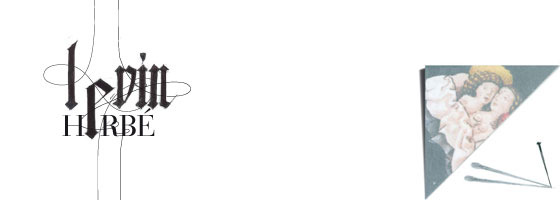
Le vin herbé A mundane oratorio by Frank Martin after the novel of "Tristan und Isolde" by Joseph Bédier
French with German supertitles
One might simply describe it as daredevil when a composer intends to set the subject matter of Tristan and Isolde to music. When this composer indeed realizes his plan – despite Richard Wagner – and, in addition, finally has a worlwide breakthrough with his work, the individuality and quality of the musical artist and his style speaks for itself. Swiss composer Frank Martin, son of a priest in Geneva, was precisely such a personality who pursued his love of music with passionate persistence without ever abandoning aesthetic principles. In the early thirties of the last century he engaged in the twelve-tone-technique of Arnold Schönberg in order to subsequently compose his Tristan and Isolde oratorio Le vin herbé – however in tonal setting, »the actual fundament of music.«
The basis of his 1941 completed composition is formed by three chapters from Le roman de Tristan et Iseut, the chief work of the French writer Joseph Bédier (1864-1938), published 1900. Martin decided to create a chamber music treatment of the Tristan und Isolde subject and wrote the score for an ensemble of seven string players, grand piano and a small group of singers from which figures are consistently stepping forward and are disappearing again, almost like a hallucination. The maelstrom of Le vin herbé thus constitutes the floating enchantment of the music, a music that renarrates the issue of unconditional love in an unusual lyrical way.
A RuhrTriennale production
